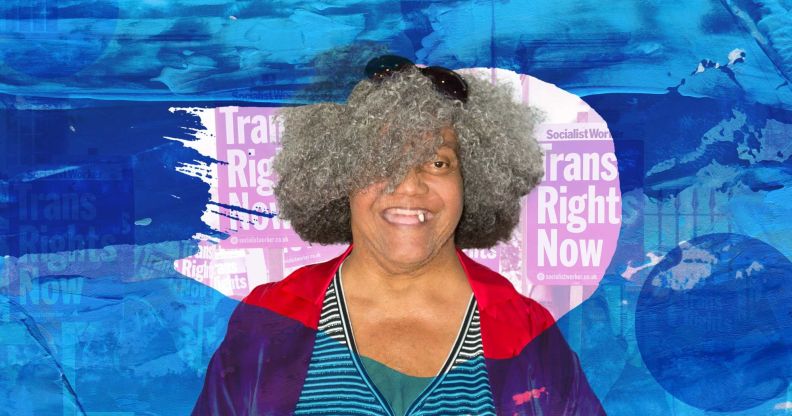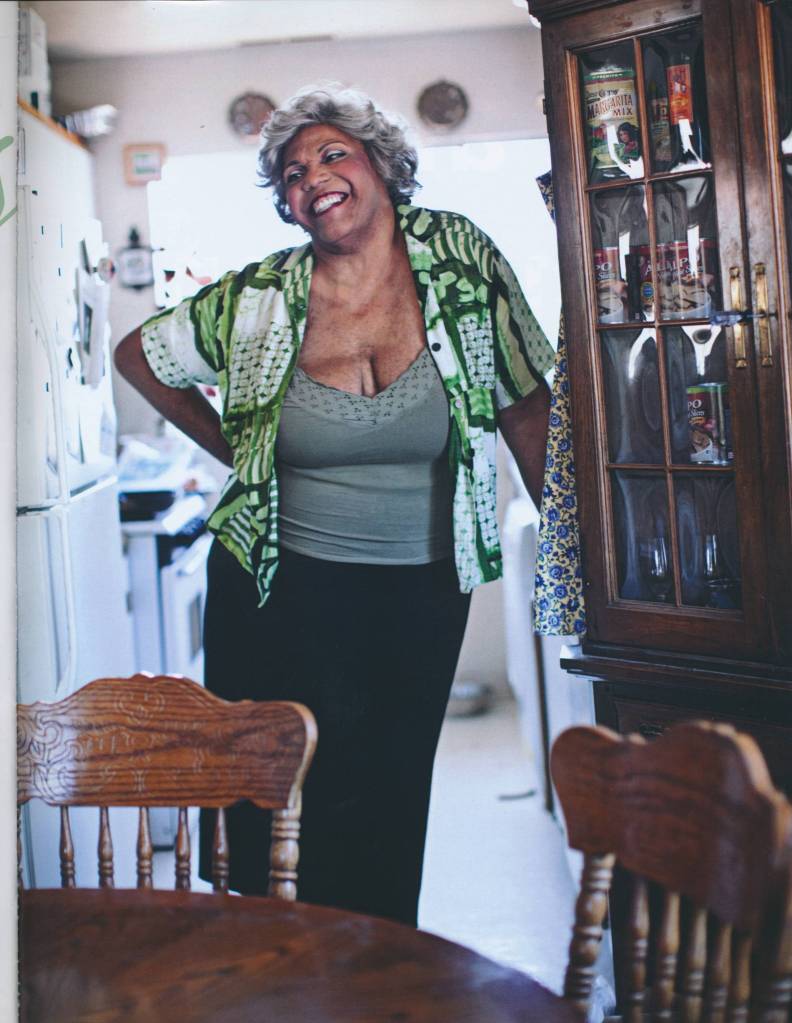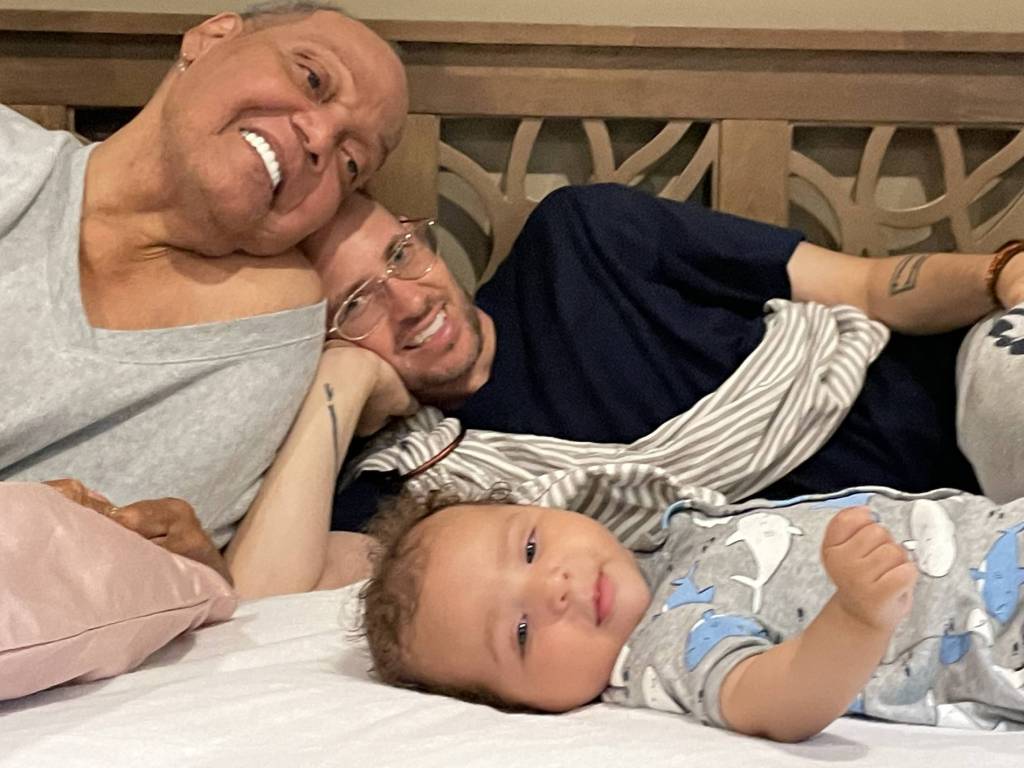Legendary trans activist Miss Major Griffin-Gracy recounts her decades-long fight for equality

Trans activist Miss Major Griffin Gracy is a legendary and revolutionary campaigner for queer liberation. (Getty/PinkNews)
Miss Major Griffin-Gracy has fought for the queer community for more than 50 years – from participating at Stonewall to battling the modern pushback on trans rights – and it’s given her a lot of perspective on the movement and trans joy.
The Black trans activist grew up in the 1950s and 60s when LGBTQ+ people face immense discrimination for living their truth. Police frequently raided queer spaces, which served as places of refuge for LGBTQ+ folks where they could express themselves openly, amid a US-wide crackdown on the community.
Miss Major was there when gay, queer and trans folks led an uprising against such oppression in June 1969 after New York City police raided the Stonewall Inn. The riots catalyzed the LGBTQ+ movement in the US and worldwide.
She experienced homelessness, worked as a sex worker and survived imprisonment. When the AIDs epidemic began unfurling in the US, Miss Major began working in HIV prevention and outreach with several organisations, including the Tenderloin AIDS Resource Center.
She’s advocated for incarcerated trans people as executive director of the Transgender Gender-variant and Intersex Justice Project, and she now runs House of GG, a haven for trans people in Arkansas.
Miss Major tells PinkNews that “being in this struggle” for LGBTQ+ and trans equality for so long has given her “perspective because it’s hard to see sometimes with all the walls they keep trying to build up around us and trying to remove our history from the books”.
“It can be hard to see the progress – because there has been progress, just not enough of it,” she says. “All this hate they’re spewing, I think it’s a backlash to what they’ve seen as us finally getting to live and be accepted for who we are.”
She continues: “Life is hard right now for almost everyone except for the people on the very top.
“Things are hard right now for almost everyone I know. But it’s sad to see some people have to take the difficulties they’re having in their own lives, and take that negative energy and turn it around and put it back on us.
“I’m sorry, but what did we do to deserve that? You’re directing your negative energy in the wrong direction.
“But if you choose to keep on fighting as I have, you see that it comes in cycles. A little bit of progress, a lot of backlash. A little bit more progress – more backlash.
“But you have to keep on fighting to see the other side of the backlash: at the end of the day, this is life or death. This is our survival.”

Miss Major said it’s “funny” to see politicians try to use the queer community as a “way to drum up support for their hateful politics”.
LGBTQ+ people make up a small part of the population – just over seven per cent of people in the US, according to a recent Gallup poll – yet there are countless media articles attacking queer and trans people every day in the US, painting them as ‘groomers’ and abusers.
Queer advocates and allies have spoken out against the record-setting number of bills targeting gender-affirming healthcare, LGBTQ+ education and drag performers – with some even getting arrested during peaceful protests.
“There aren’t a lot of us out there and so in a way, it’s kind of like well, we’re such a small tiny part of the population, how could we be such a threat to their so-called lives?” Miss Major says.
“But apparently they find us to be this huge threat. If that’s the case, then we’re doing something right, I suppose.”
Miss Major Griffin-Gracy says it’s “nice” to be called a “grandmother” or “mother” to the “girls who came after” her in the trans rights movement.
She describes how being called such an honorific is a true sign of the love and appreciation they all have for each other, and it’s a reminder that many trans folks “don’t get to be elders”.
“We know each other’s struggles: Our stories are different and we take different paths to get to be who we are. But in each of the stories there are elements that tie us together,” she says. “We’re part of the same big, transgender family.”
She continues: “A lot of us don’t get to be elders. I mean some of us transition at an older age, but those of us who transition when we’re young, it’s rare for us to make it to be 60 or 70.”
For younger people joining the movement, Miss Major says it’s important to take the time to take the time to “get yourself together before you think about helping someone else”.
But one piece of advice that she has for advocates is to “relish” and “bask in the thought of getting one over the ‘Powers That Be’”, who are doing “everything they can do to make our lives a living hell”. Miss Major says it’s “nice to return the favour”.

She adds that trans joy, for her, is being able to play with her kid and never having to think about “somebody trying to start something” with her simply because of who she is.
“It’s just like in kindergarten they tell you: It’s the simple things,” she says.
She continues: “And it sounds childish, but it really is like they tell you in kindergarten: they teach you all the basic things – the golden rule, and mind your own business before you mind the business of someone else, and these things that we learn as children.
“There are a lot of adults out there who got amnesia at the age of 11 and forgot all these simple things they had to have known.”
Miss Major Speaks: Conversations with a Black Trans Revolutionary by Miss Major and Toshio Meronek is out now with Verso Books.

